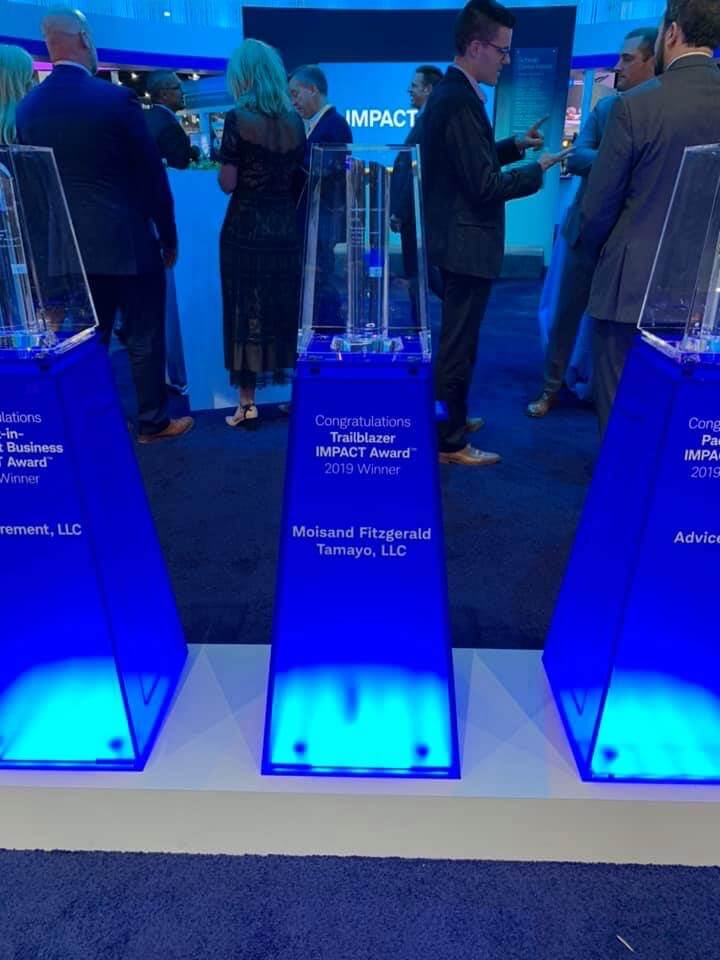Can I convert a 401(k) to a Roth IRA?
Before we look at whether you can convert a 401(k) to a Roth IRA, it is important to consider if a conversion to any type of Roth account is wise in the first place.
When you convert to a Roth account, usually all of the amount being converted becomes taxable income. In return, if handled correctly, you will pay no taxes on anything withdrawn from the Roth account. This “pay tax now so none is paid later” strategy will pay off if the tax rate that applies to the conversion is less than the rate you would have to pay when you withdraw money from the account. If you expect your tax rate to be lower when you withdraw money, a Roth conversion is unwise.
We can determine the rate that would apply to a conversion pretty easily but future rates are unknown. This means there is an element of risk. The more certain you are that your tax rates will be higher in the future or the lower your tax rate in the year of conversion, the less risk you have for converting.
It should also be noted that those seeking to convert a 401(k) to a Roth IRA or a Roth 401(k) should proceed with caution because the transaction can not be undone.
As the video describes, for some employees, an in-plan conversion is an option to convert a 401(k) to a Roth 401(k) account. If an in-plan conversion option is not available, converting a 401(k) to a Roth IRA is possible when the employee is eligible for a distribution from the 401(k). This typically happens upon separation from service or at age 59 1/2. Upon a distribution, Roth 401(k) balances and after-tax contribution accounts can transfer straight to a Roth IRA without taxation. Other types of 401(k) balances can be converted directly or indirectly with proper planning.
Making News…
We frequently produce Q&A columns for Florida Today and MarketWatch, a personal finance website of the Wall Street Journal, as well as pieces for a variety of other media. Below is a sampling from the last three months.
We continue to help the Orlando Sentinel with reader questions by participating in a free call-in hotline and its Ask An Expert feature. The latest hotline event was held on October 20th and was attended by Charlie Fitzgerald,CFP®, Mike Salmon, CFP® and Tommy Lucas,CFP®.
Some links are accessible only to Sentinel subscribers but Derrick Chandler,CFP® helped a reader understand Medicare enrollment deadlines. Mike explained how life insurance proceeds can be taxed. Because many taxpayers are finding they cannot itemize and are getting no tax benefit from their charitable donations, Tommy’s August 29th description of a couple of options to consider to obtain a tax break from charitable donations is timely. Tommy also explained how it is possible that someone with $75,000 in capital gains would not owe any taxes. Meanwhile, Charlie gave the run down on the basics of inheritance taxes for Florida residents.
Dan Moisand,CFP® continues to write for MarketWatch, Florida Today, and Financial Advisor:
I’ve got questions about estate taxes and other inheritance issues
I inherited money. Should I invest it all at once? Or space it out?
Is a stop-loss order a good idea?
I’m 67 and 70% of my investments are in my company’s stock — should I sell it?
I need help to figure out the rate of return on my retirement accounts
An empty nester wonders: How do I get started saving for retirement?
Can I buy life insurance in my 401(k)?
In the News…
MFT Receives Prestigious National Award


Things We Found of Note
2020 Retirement Plan Limits, Tax Rates, Tax Brackets, and Standard Deductions
The Internal Revenue Service (IRS) has announced cost-of-living adjustments for 2020. Here are a few highlights The 2020 limits are as follows:
- 401(k) Deferral Limit – Increase from $19,000 to $19,500
- 401(k) Catch-up Deferral Limit – Increase from $6,000 to $6,500
- Defined Contribution Plan Maximum Annual Additions – Increase from $56,000 to $57,000 (or $63,500 with catch-up)
- IRA Contribution Limit – No change. Remains $6,000
- IRA Catch-up Contribution Limit – No change. Remains $1,000
For changes to limits affecting other plans see the IRS announcement of 2020 Limitation Adjustments
The IRS also released the 2020 Tax Tables and Brackets. The rates have not changed but the brackets have been adjusted for cost of living increases. The standard deduction is slightly higher. This summary hits the highlights.

